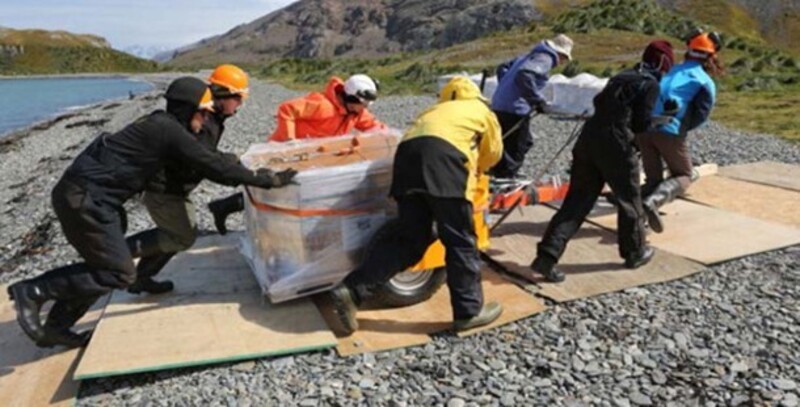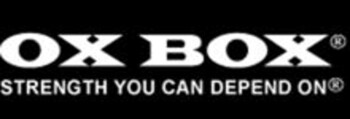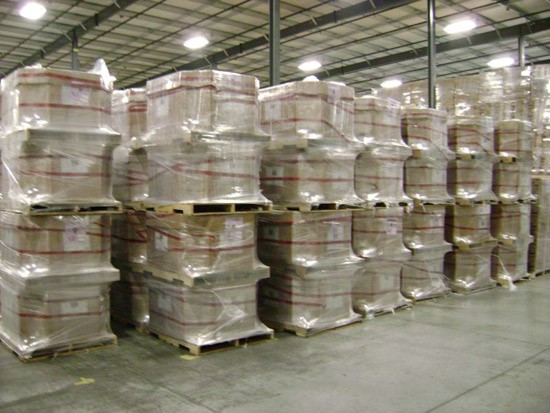Ox Box’s eco-board®: Redefining Survival of the Fittest"
A U.S. company that makes rodent control products sought durable, lightweight, weather-resistant boxes to ship rat poison overseas safely. When an off-the-shelf solution proved elusive, Ox Box proposed an innovative product that exceeded expectations.
Part One: Galapagos Islands Case Study


